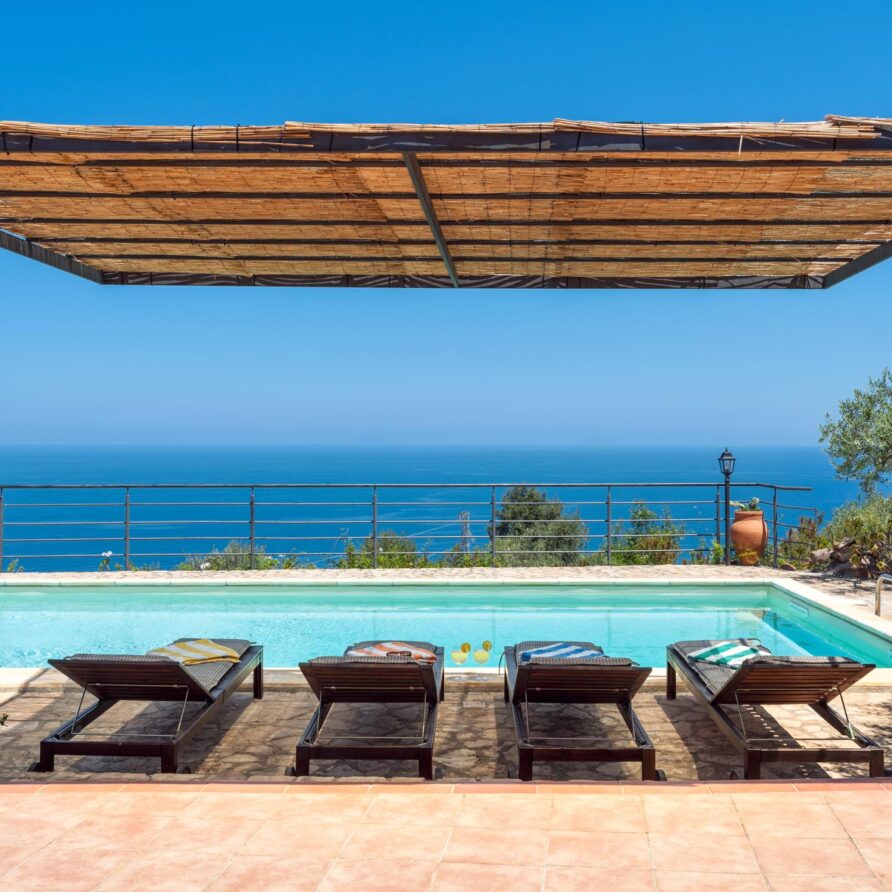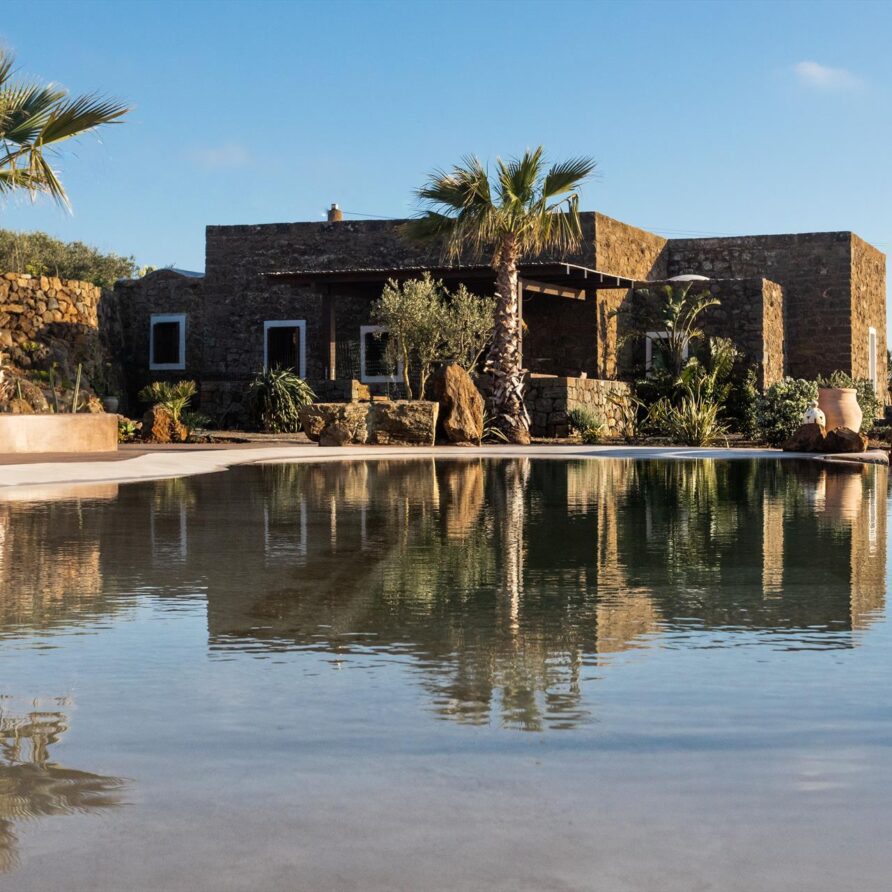What Are Some Travel Tips For Sicily?
Planning a trip to Sicily? Whether you’re staying in one of our villas or just passing through, it’s a good idea to know the basics before you go. These Sicily travel tips cover everything from entry requirements and currency to local customs and safety. Use this guide to make your trip as smooth and enjoyable as possible.
Table of Contents
Visas and Entry Requirements For Italy
If you’re coming from the US, Canada, Australia, New Zealand, or Ireland, you can visit Italy for up to 90 days without a visa. You’ll just need a valid passport, and it should be valid for at least six months from your arrival date.
Italy is part of the Schengen Area, so travelers from Schengen countries can enter freely. If you’re coming from outside this zone, check if you need a Schengen Visa. On arrival, make sure your passport is stamped as proof of entry.
Planning to drive? Bring your international driving permit (IDP), a valid driver’s license, vehicle registration, and proof of insurance. Italian law also requires a warning triangle and reflective vest in your car at all times.
Currency and Using Money in Sicily

Italy, therefore Sicily, uses the Euro. You can exchange currency at offices marked “cambio,” which are usually quicker than banks. ATMs are widely available, but in busy periods, especially weekends, they may run out of cash.
Most restaurants, shops, and hotels accept credit cards. That said, small businesses and local markets may prefer cash, so it’s always smart to carry some with you, especially when traveling outside of major towns.
Time Zone and Business Hours In Sicily
Sicily follows Central European Time (GMT+1 in winter, GMT+2 in summer). That’s typically six hours ahead of US Eastern Standard Time.
Shops and markets often open early, around 7:30 am, then close for lunch between 12:30 and 4:00 pm. After that, they reopen until 8:00 pm or later. In tourist areas like Cefalù, some shops stay open through the afternoon, though they may charge more.
Weather and When to Visit Sicily

Sicily has a mild Mediterranean climate with four distinct seasons. Spring (April to June) is a fantastic time to visit, temperatures are pleasant, and the scenery is lush. Summer (July and August) is hot and dry, so plan for sun protection and drink plenty of water. It’s also the busiest tourist season.
Autumn (October to early December) is quieter and cooler, with fewer crowds. Winter (late December to February) is colder, especially in the mountains, but still mild along the coast.
Communication and Emergency Numbers
Post can be slow in the summer, so it’s quicker to buy stamps at tobacco shops. Public payphones still exist, but most visitors use mobile phones with international roaming or a local SIM card.
Useful emergency numbers
- Police: 113
- Carabinieri (military police): 112
- Fire: 115
- Ambulance: 118
- Roadside Assistance: 116
- Palermo Airport (domestic): +39 091 6019111
- Palermo Airport (international): +39 091 591275
- Catania Airport: +39 095 536170
- Trenitalia (24/7): +39 892021 or trenitalia.it
Local Etiquette in Sicily

Sicilians are friendly, but good manners go a long way. Greet people when entering and leaving shops, restaurants, or small businesses. Use “buongiorno” in the morning and “buona sera” in the evening.
If you’re invited to someone’s home, it’s polite to bring a small gift like chocolates or flowers, avoid wine unless you’re certain of their preferences. When visiting churches or religious sites, dress modestly and cover shoulders and knees.
Ready to Visit Sicily?
These Sicily travel tips are here to help you feel confident and prepared. For more inspiration, browse our full travel guide or take a look at our handpicked villas, perfect for making your Sicilian getaway unforgettable.





